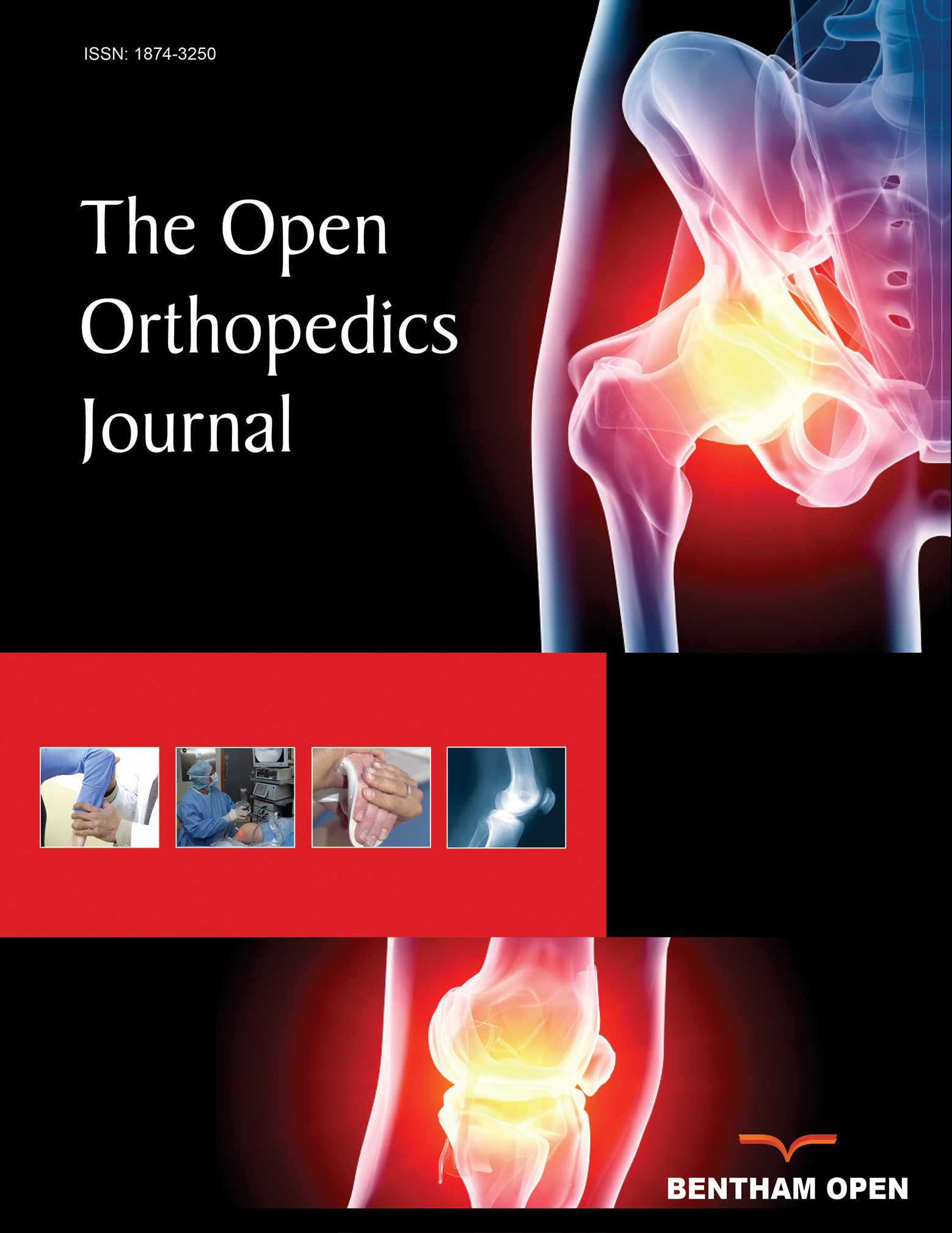All published articles of this journal are available on ScienceDirect.
Evaluation of Improvement in Quality of Life and Physical Activity After Total Knee Arthroplasty in Greek Elderly Women
Abstract
Background:
The aim of this study was to evaluate the changes in quality of life of patients after total knee arthroplasty and to assess the changes in physical activity by using a self-reported questionnaire and by counting the number of steps 3-6 months after post-operatively.
Methods:
Included were fifty two elderly women (age 72.6±65.9 years, mean±SD) with knee osteoarthritis undergoing primary knee arthroplasty. Health-related quality of life, physical activity, pain and function and the number of steps were assessed before, 3 and 6 months post-operatively. We used the Medical Outcomes Study Short Form (SF-36), the Physical Activity Scale for the Elderly (PASE) and the pedometer SW200 Digiwalker of Yamax.
Results:
Patients showed a significant improvement (p< 0.01, η2 =0.22) in health–related quality of life, particularly in physical function, (p<0 .001) body pain (p< 0.001) and vitality scale (p< 0.001) of SF-36 at 3 and 6 months after the procedure. Physical activity (PASE score) increased at 3 and 6 months after arthroplasty (p< 0.001, η2 =0.74), and the number of steps increased 6 months after, compared to the assessment that took place 3 months after operation (p< 0.001).
Conclusions:
Our results suggest that total knee arthroplasty leads to a gradual improvement in quality of life of elderly patients over the first 6 post-operative months.


